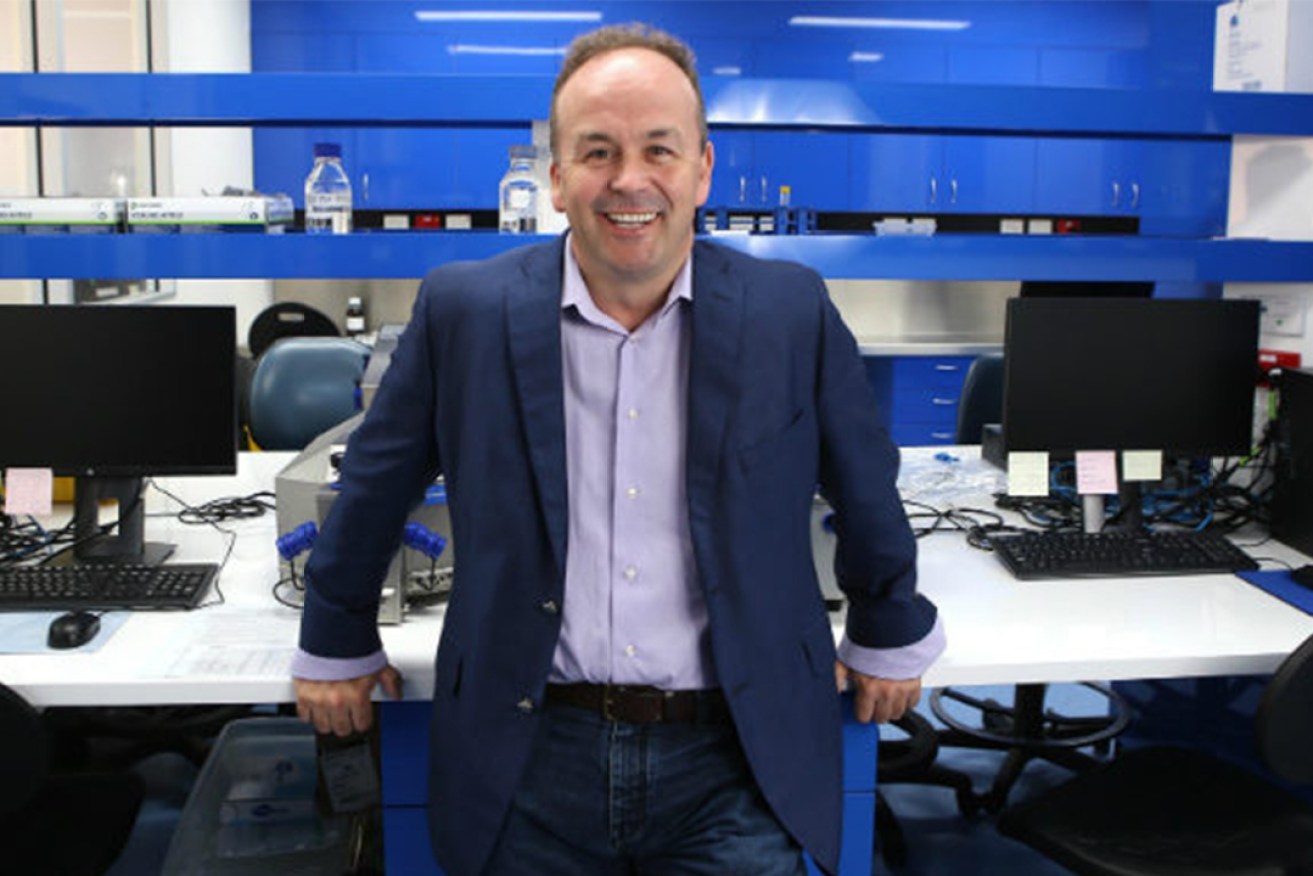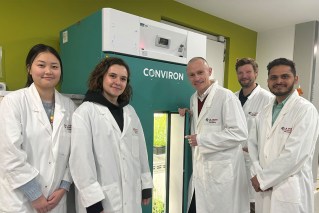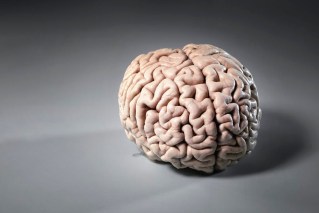‘Right now, the average Australian can save more lives than I can – stay home’
On the front line of the coronavirus battle, our own brand of superheroes are bravely taking on the odds, writes Christine Jackman


Professor John Fraser at work. (Photo:University of Queensland)
Somewhere in the red-eyed blur of 96 hours on call, intensive care specialist John Fraser managed to duck home on the weekend for a bite of peanut butter toast and a quick cuddle with his youngest son.
That’s where Fraser was when he answered my phone call – with nine-year-old Thomas snuggled on the back deck and another stunning autumn’s day doing its best to seduce him away from his work.
Fleetingly, I wondered why he took my call at all.
But I guess that’s what intensivists do. They run on adrenaline, live on stolen bites and cuddles, and answer calls from those in need.
Sometimes it’s just a pesky journo seeking his view, as an ICU professor with 25 years’ experience, on some proposed piece of controversial health policy.
Or it may be a junior doctor, alerting him to a change in vitals from one of his patients.
But lately, Fraser’s been answering a different type of call altogether.
They come in across time zones, bouncing from one hemisphere of the planet to another; thin and weary voices from the frontline of a new battle with antecedents dating back to the end of World War I, when a mean little germ called Spanish flu emerged to take more casualties than the Great War itself, ultimately killing one-third of the people on the planet.
Distance doesn’t dim the distress. As one, those calls carry an overwhelming message: “the lungs from COVID-19 patients are different; we have never seen anything like this before.”
And yet they report for duty, as doctors and nurses always do. Despite the fear, despite the sure knowledge that in some countries they are hopelessly under-equipped, despite the odds that give each of them a one in four chance of contracting this vicious and mysterious virus themselves.
One in four. Life and possible death, with odds worse than the roll of a dice.
And that has led to another type of call to John Fraser; the type that clouds the most glorious day under a clear Queensland sky.
These are the ones that deliver the news that another of his friends or respected international colleagues has fallen on the frontline.
Mostly, they have come from Italy, where 16 intensive care specialists have died so far after contracting COVID-19.
Fraser knows he can’t shield his five children from the reality of his work. Medical specialists on call never can, even at the best of times. Their kids grow up familiar with stethoscopes and strange jargon, and the clouded look in the eyes of mum or dad as they say goodbye at strange hours of the night, the added shadows across their faces when they come home.
Still, this is different. Fraser admits he worries about the toll it might take, particularly on his youngest.
“He’s a smart kid, he hears the phone calls,” he said of Thomas, as they sat on the back deck. “He knows I’m normally the one saying ‘phones away at the dinner table, kids.’
“But now I’m the one taking the calls – and the conversation is about a 40-year-old who has died, or that there aren’t enough ventilators, or where we can source more face masks.
“One night he jumped into bed beside me and just asked: ‘Dad, are you going to die?’. And I had to say ‘well, I could. But you’ve got your whole extended family, your mum, three older brothers and a sister who can take care of you as well’.”
Fraser is a plain-talking Scot from Glasgow, where he likes to say folks are “so hard, we’re not born – we’re quarried.”
But it can’t be easy. Imagine: sitting your kids down on the back deck and talking them through things like where you’ve filed your will, and who needs to take over the finances if things get serious. Then consider the practical challenges of dividing your house into a “clean” zone and a “dirty” – or infected – one, with both kitted out with duplicated sets of appliances: a second toaster, kettle, microwave and so on.
Right now, this is what our doctors and nurses and affiliated healthcare workers are now doing. It makes our gripes about boot camp being cancelled, or not being able to buy our favourite pasta, or whether we can get a proper haircut, seem more than ridiculous.
“Of course I’m putting my children at additional risk, just going to work,” Fraser said bluntly. “But it’s my moral responsibility to show up. It’s that simple – not just for me, but for my team and for everyone working in hospitals at the moment.”
And here’s the thing, dear reader.
Professor Fraser asks just one thing in return from us: “Stay home.”
“Right now, the average Australia can save more lives than I can,” he told me. “Most people don’t get that chance very often, to save more lives than an ICU doctor. But right now, they can do that, just by self-isolating properly.”
It’s not a bad proposition. Basically, you can be a superhero by doing nothing much at all. Just stay home. Don’t give this pernicious bug the chance to spread.
If being a superhero doesn’t motivate you, here’s another thing to consider:
Do it for the little boy who is already sharing way too much of his dad’s time with the rest of us.
Do it so that Thomas, and all of those other kids of healthcare workers, around the country and across the world, can have the very best chance possible of getting their parents back, happy and healthy, at the end of this awful thing.
Stay home, Queensland.












